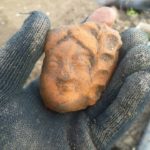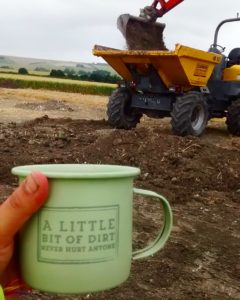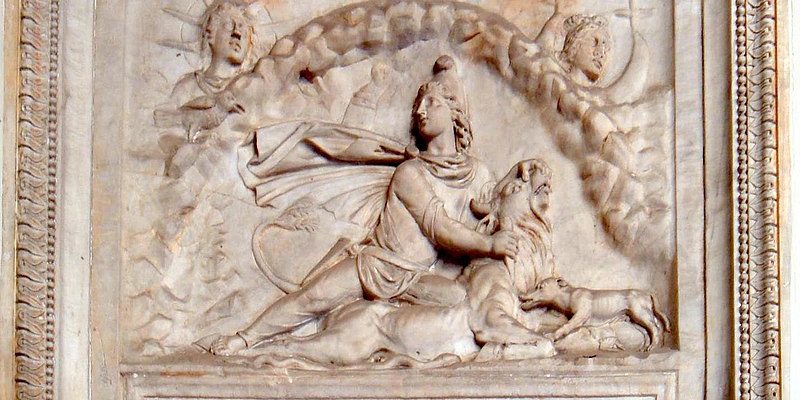
WHAT’S IT LIKE? Episode 3: Dr Claudina Romero Mayorga – A Specialist in Sensorial Archaeology in Museums and Classics.
Interviewee: Dr. Claudina Romero Mayorga. Interviewer: Bunny Waring.
Date: 16th April 2021
Welcome to the new mini-series called What’s it Like? Originating from my work with the Classics Department, University of Reading, these episodes include interviews of staff, volunteers and students from across the globe, who specialise in all the different fields of academic and commercial studies in Classics, Archaeology and Museums. Candidly sharing the realities of their jobs and historic passions, whether you want to be a Linguist, Museum Curator, Archaeologist, Lecturer, Well Travelled Researcher, A Barrier-Breaker or you’re just here with a coffee – you’re in the right place for inspiration! Read on!
This week: Dr Claudina Romero Mayorga
A Specialist in Sensorial Archaeology in Museums and Classics.
Name: Dr Claudina Romero Mayorga
Area of Specialism: Archaeology, Classics and Museums.
Topics of Interest: Ancient Mediterranean civilisations, material culture, education, sensorial archaeology, music, polychromy, 3d printing.
Job Title: Education officer at the Ure Museum and Sessional Lecturer at the Department of Classics.
Job Responsibilities: Develop and deliver educational sessions for primary and secondary schools, organise outreach activities, family events, lead the Young Archaeologists’ Club, research the collection, welcome visitors, manage volunteers and interns, teach Latin or Roman History to undergraduates.
Introduction
I grew up watching old films and documentaries about ancient civilisations: Egypt, Mesopotamia, Greece, Rome….everything sounded so mysterious and exciting! I wanted to know all about them so I started reading as much as I could. The objects left behind by them felt as if they still had a special power, so my focus was not so much on their languages, but on the material culture produced by these peoples who lived so many years before me. By the time I got to the university, “Gladiator” had already left a mark on me, and well…Romans are my thing now. I love working at the Ure Museum and teaching people about our amazing collection.
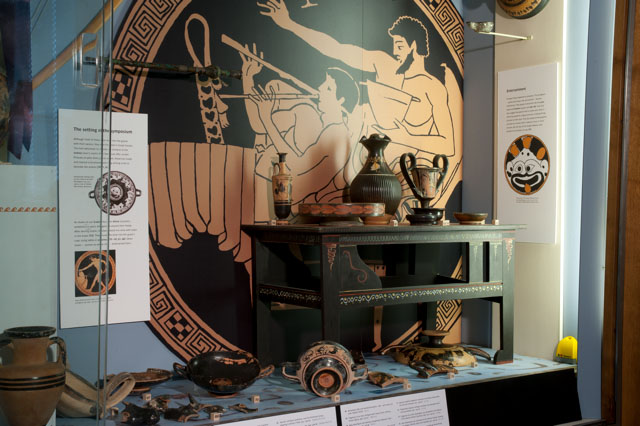
What is your daily life really like?
Replying to emails takes most of my time! Before the pandemic, I would get lots of school groups in the Ure Museum and the time would just fly. Talking to kids, teachers, parents, looking at them being amazed by an ancient pot…Best feeling ever!!! Having children tell you that they want to be archaeologists and work in a museum after their visit is priceless…But in 2020 with the arrival of COVID, things changed dramatically. Although online sessions still felt great and children got to engage with 3D models, it wasn’t the same. I’m really looking forward to reopening soon!
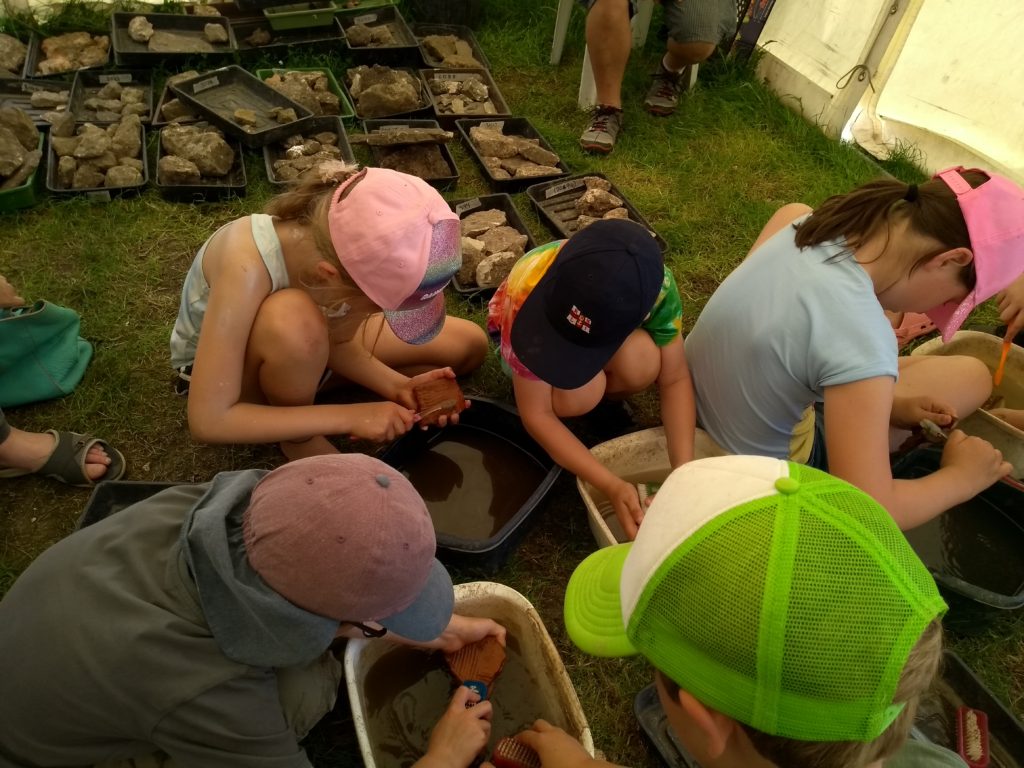
A lot of my time is also spent planning new public events (online or face to face) for families, for older teens: trying to develop new educational resources for everyone, talking to my colleagues and other museums, updating our website, posting on our social media, writing grants applications and planning Young Archaeologist Club (YAC) sessions. If I’m teaching Roman History to undergrads, I need to prepare my classes and then mark their assignments. When I teach I try to make sure that they see that I’m passionate about the subject and that although everything seems to have been researched and discovered already, there’s still plenty to do.
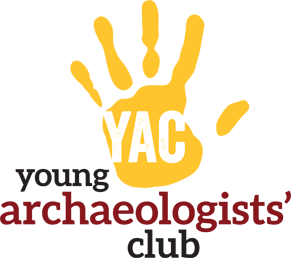
I do love object-based research so whenever I have a bit of time, I would focus on a specific object and learn as much as I can. I also enjoy travelling; I like meeting colleagues in beautiful destinations to discuss our work, visit museums and tasting local food (this activity is also known as attending international congresses and seminars). Getting funds to do this can be very competitive and difficult, but I never give up!
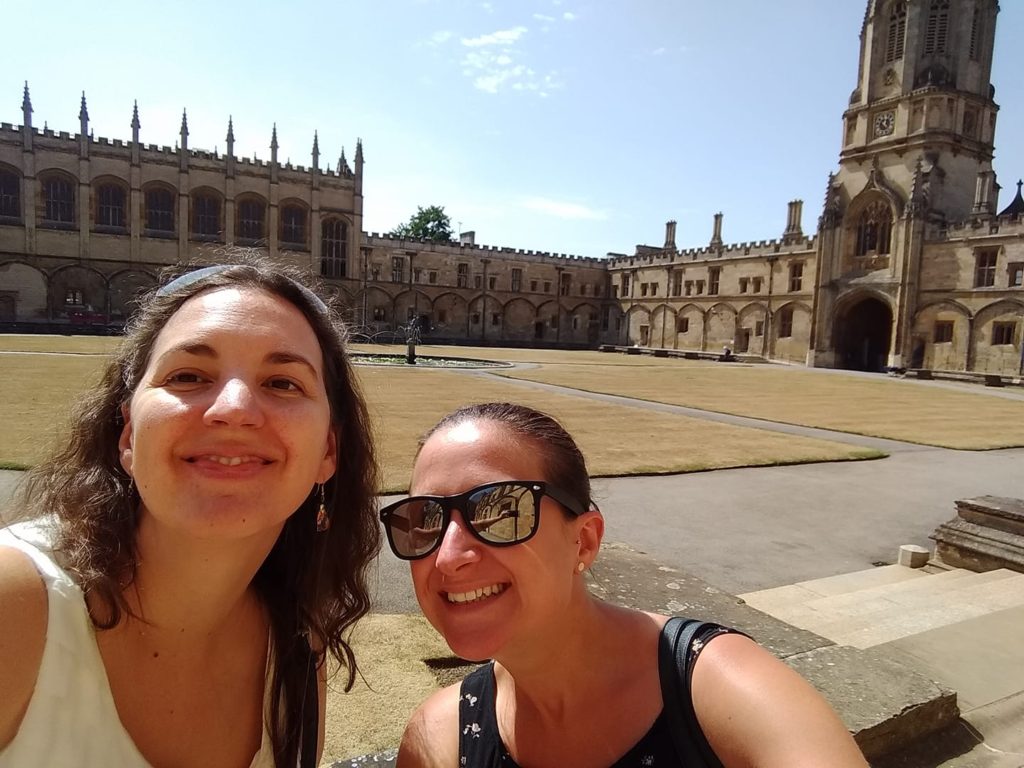
What is the best part of your job?
· Handling ancient objects is the best part without any doubt! I still feel like a 5-year-old when I hold an old pot.
· Working with the curator and assistant curator at the Ure is great fun, we’re always coming up with new projects and new challenges…I don’t know what a boring day at the office is.
· Learning from other colleagues
· Being mind-blown by kids’ questions
Why do you think your specialism is important?
Studying ancient civilisations, in general, makes you aware that some of the problems we face today as a society, already existed in the past (misogyny, elitism, poverty). Looking at the solutions they came up with – or the lack of them – might give us a better perspective of the circumstances we are living in. My interest in sensorial archaeology comes from my focus not on emperors and great characters, but on ordinary people: how they behaved, what they liked, whom they loved, what they ate, if they were happy – and if so, how they expressed that. I believe that trying to know another person (even if that person has been dead for more than 1000 years) generates empathy and there’s nothing more important right now than trying to understand the person who is in front of you.
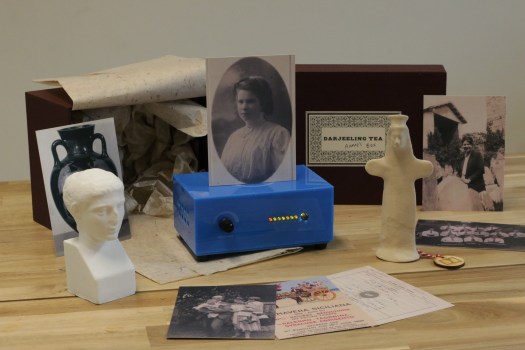
If you didn’t have your current job, what else could you apply your skills to?
I guess I would be good in general admin, but I would do better in a position that would allow me to support or mentor young people. Teaching is a calling, whether it’s Classics or Economics, but I believe I would be good at working with younger people.
Did you always want to be what you are today?
Yes! Haha, I get to work in a museum and at the Uni, although I took the long and winding road to get here. People usually go for Museum Studies if they want to work with collections or in a heritage site. I started studying History of Art in Madrid and then my PhD in Archaeology offered fieldwork training: I was part of a team that dug up a Roman villa in Spain…and to spread the news among the locals I guided some tours and “played” with the finds to show kids how fun and interesting the Romans were. There I got bitten by the “museum bug” (beware!) and ended up researching lots of museum collections and storage facilities for my final dissertation in every single European country.
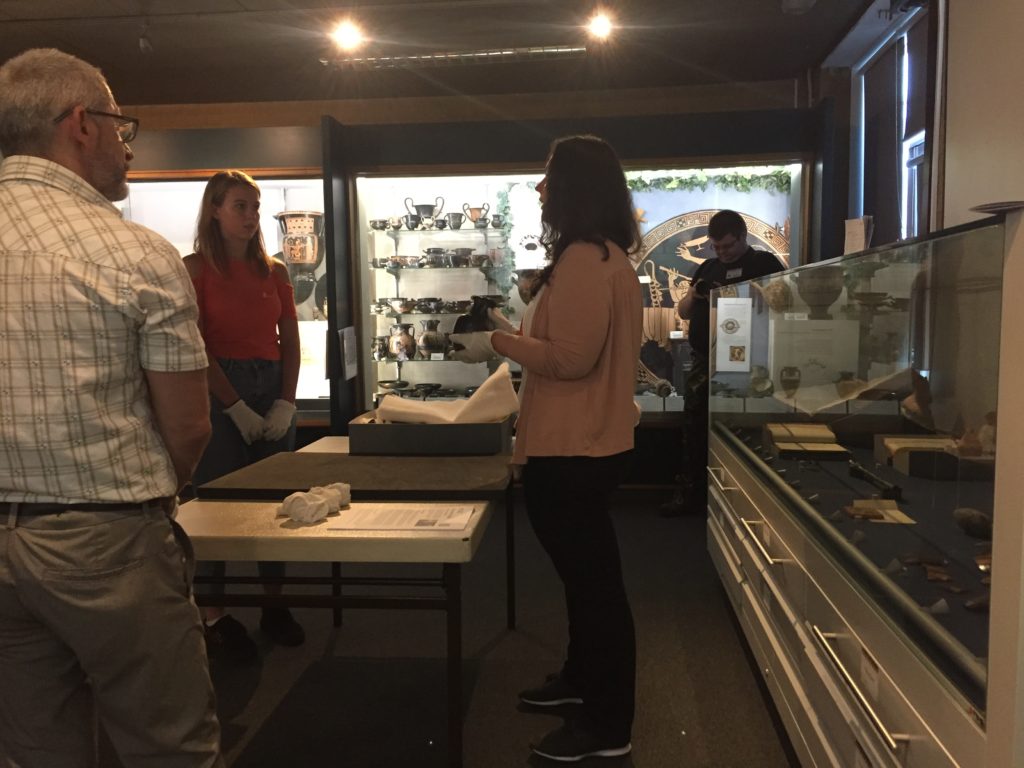
But I had to work and study at the same time, so it took me longer than expected. Volunteering and taking up education modules did the rest. But because I have a PhD in Archaeology people usually don’t understand why I’m the Education officer, as if researching and teaching were two completely different activities, when in the end they’re two sides of the same coin. I can’t conceive one without the other.
Where do you hope to be in 5 years time?
I hope the pandemic is over by then! I would love to see the government showering universities with funds, especially to support Humanities. Would love to have my role as an Education officer as full-time, and to continue teaching at the University of Reading. It would be great to have certain events and activities already cemented in our educational calendar (3D printed resources; Ancient music sessions).
What 3 tips would you give to someone who wants to follow a similar path?
- Go for whatever you love: languages, physics, computers. That will always stay with you, money won’t. Studying something that you don’t like is torture.
- Don’t believe everything you read: even if it is printed in a book by a famous author, it’s opened to discussion.
- Travel as much as you can.
What to know more?
If you’re interested in staying up-to-date with what events the Ure Museum has to offer head over to the Museum’s webpage here.
